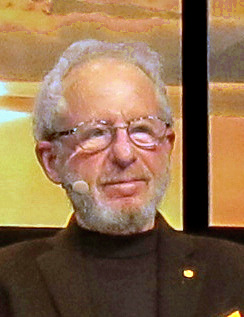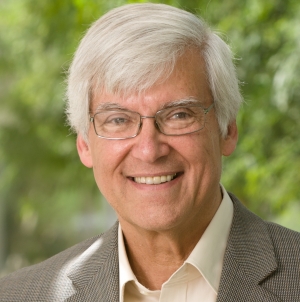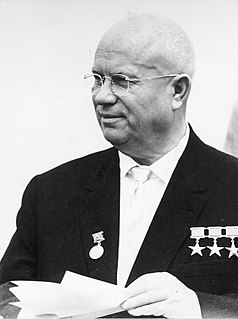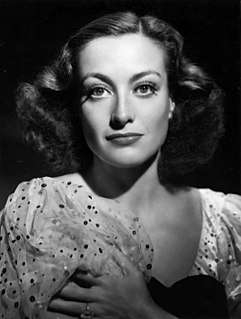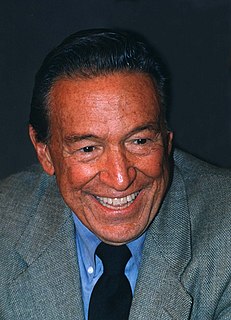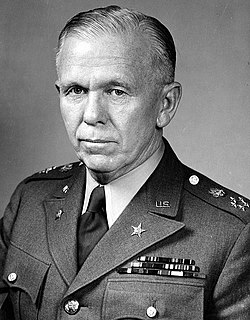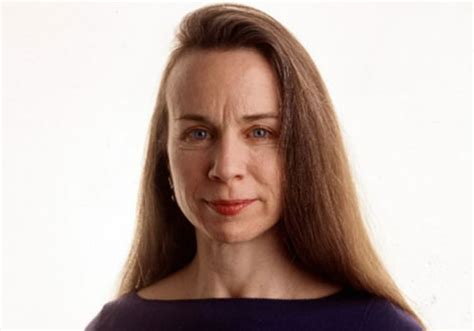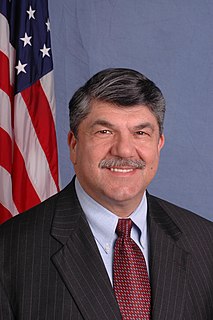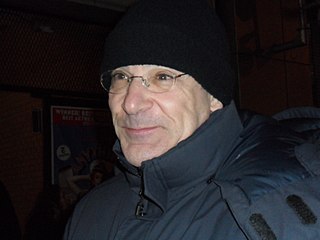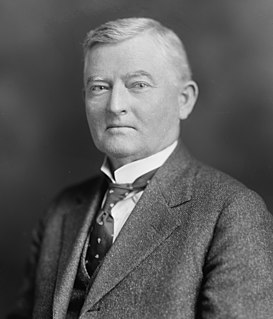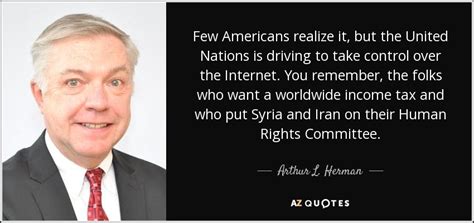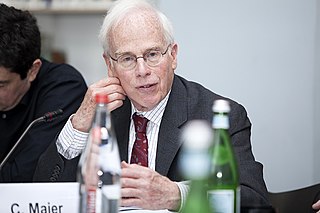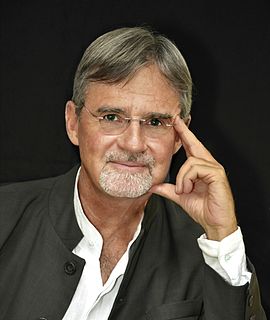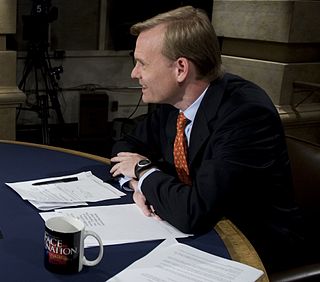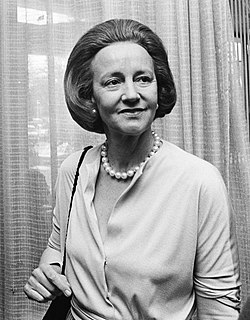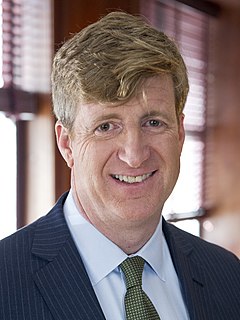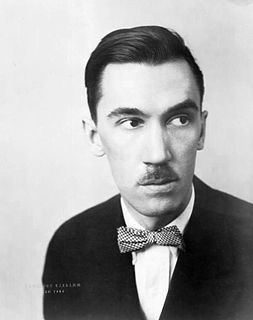Top 478 Roosevelt Quotes & Sayings - Page 6
Explore popular Roosevelt quotes.
Last updated on December 22, 2024.
When Theodore Roosevelt was in the White House, he confessed that if he could be right 75 percent of the time, he would reach the highest measure of his expectation. . . . If that was the highest rating that one of the most distinguished men of the twentieth century could hope to obtain, what about you and me?
Until Eleanor Roosevelt, there was only one or two First Ladies in all of American history who made an impact, who people could even have recognized or identified. And it's really only been since Jackie Kennedy that there's been this idea that the family life of the president is such a central thing.
The Democratic party is one that I've always observed. I have struggled greatly in life from the day I was born and I am honored to be apart of something that focuses on working class citizens and molds them into a proud specimen. Mr. Roosevelt and Mr. Kennedy have done so much in that regard for the two generations they've won over during their career course.
Both my parents came from Russia and suddenly they wound up in Boston, Massachusetts, Brookline, Massachusetts and they felt the sun rose and set on Franklin Delano Roosevelt's backside because he meant so much to them. This was freedom. This was something totally different from the Russia they had left.
There was a lot of maneuvering on the part of the Roosevelt administration to get the stars aligned so that that attack would happen. There's just no question about that; you don't even have to look at the decoding of diplomatic cables or anything else. FDR's own admiral thought it was a bad idea to have the fleet confined in one place way out in the middle of the Pacific.
Franklin Roosevelt is one of the great leaders because he does get along with other people. He makes this huge effort. He's a very charming man. He tries to bring Joseph Stalin and Winston Churchill into this tripartite agreement to run the world. And he really was close. If he hadn't died in April of '45, the whole history would be different.
I think people really understand that clean air and clean water and not having factories dumping their emissions into the atmosphere and into the rivers and into the sea has been a very good thing for America. EPA stands watch for very important principles that go all the way back to Teddy Roosevelt.
And he [Franklin Roosevelt] got the votes of every southern white voting state in the country and wouldn't have been elected president once, let alone four times, if he hadn't. Now, at the same time he acquired over the years a reputation for being sympathetic to blacks, and he got their votes, heaven knows.
My parents came from Russia and suddenly they wound up in Boston, Massachusetts, Brookline, Massachusetts and they felt the sun rose and set on Franklin Delano Roosevelt's backside because he meant so much to them. This was freedom. This was something totally different from the Russia they had left.
Today, there's more that can and should be done that really has to come from the industry itself, and how we can strengthen our economy, create more jobs at a time where that's increasingly challenging, to get back to Teddy Roosevelt's square deal. And I really believe that America and all of you are up to that job.
The government is now in a position to do what Franklin D. Roosevelt did during the Great Depression of the 1930s - use a crisis of the times to create new institutions that will last for generations. To this day, we are still subsidizing millionaires in agriculture because farmers were having a tough time in the 1930s.
I say let's go back to a truer use of the word 'freedom.' Let's start with President Franklin Roosevelt's Four Freedoms: freedom of speech and expression, freedom of worship, freedom from want and freedom from fear. I would add the freedom to bargain collectively. Those freedoms are under attack today.
When the death of President Franklin Delano Roosevelt thrust him suddenly into the Presidency in April of 1945 at one of the most critical moments of our history, he met that moment with courage and vision. His farsighted leadership in the postwar era has helped ever since to preserve peace and freedom in the world.
Worst damnfool mistake I ever made was letting myself be elected Vice President of the United States. Should have stuck with my old chores as Speaker of the House. I gave up the second most important job in the Government for one that didn't amount to a hill of beans. I spent eight long years as Mr. Roosevelt's spare tire.
I was a sailor. I was torpedoed, spent two weeks in a lifeboat. I was on the Murmansk run; I worked a 20 mm. machine gun, helped bring down a Stuka, all that kind of stuff. I've got letters from Franklin Roosevelt for things I did then. But those kind of credentials didn't work for you in the Cold War.
But he [Franklin Roosevelt] specifically prohibits any black participation from the Deep South, something which just infuriates people who'd been his supporters and who'd believed in him and resides that he is just shockingly abandoned the right of the people to rule. It's a pretty horrible story in that respect.
I think she [Eleanor Roosevelt] never was called because she probably didn't know an awful lot. The whole burden of the criticism of her on the subject of Communism is naiveté, not participation. And again, being a public figure and our representative at the UN, there was nothing Communist about her, certainly.
Fascist intellectuals, such as Ugo Spirito, made the round of conferences preaching the virtues of postcapitalism fascism and in fact tried to nudge the structure in a 'leftist' direction by calling for more collective control and even corporative ownership of the economy. Mussolini looked abroad to find that Franklin Roosevelt was merely seeking to emulate Italy's innovations.
Louis Brandeis started off by embracing the Theodore Roosevelt notion that hyphenated Americanism was unpatriotic. You couldn't have dual loyalties. But then he thinks and he reads and he becomes the head of the American Zionist movement after having previously been a secular Jew in this amazing intellectual evolution.
I look back to the Great Depression, and what Roosevelt was able to do in very difficult times, to get Social Security through back in the time when it was seen as - well, it wasn't what it is today. It was sort of a last-ditch, if you really need it, you got it, but, today, it's much more a part of your retirement program.
Most Americans have no memory of the designs Franklin Roosevelt's New Dealers had for postwar-American foreign policy. Human rights, self-determination and an end to European colonization in the developing world, nuclear disarmament, international law, the World Court, the United Nations - these were all ideas of the progressive left.
A writer represents his family history. My grandfather was a senator and my father served in the Roosevelt administration. In other words, I grew up in politics. This is why it seemed perfectly natural to take part in the battles of my time, and to participate in the writing of the history of my country.


